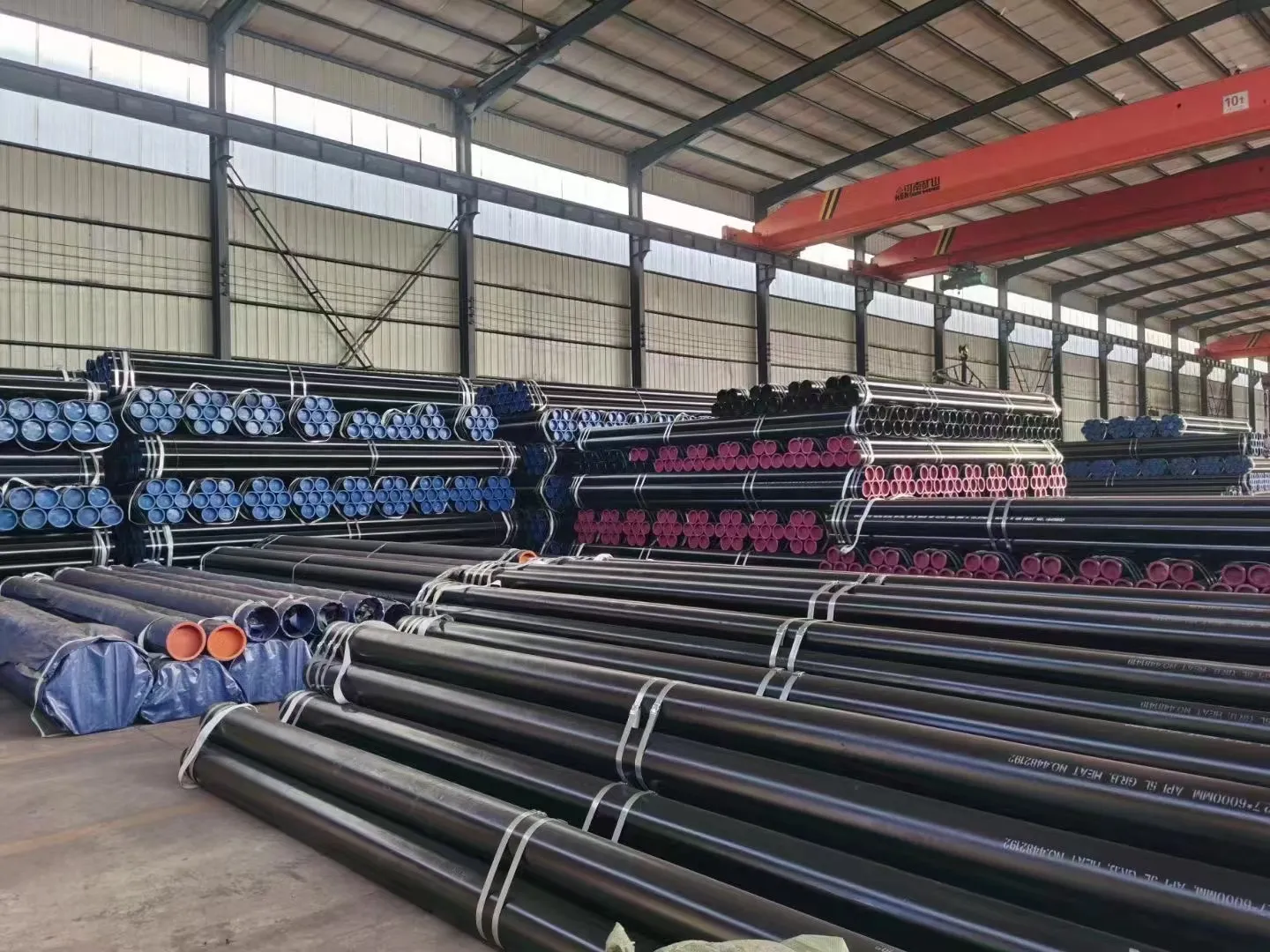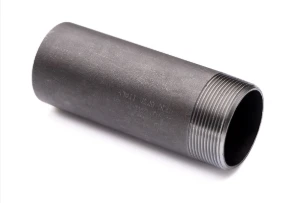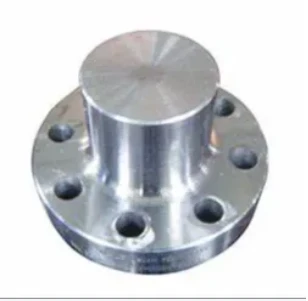Key Characteristics:
- 1.Material Composition:
- JIS G3461 pipes are typically made from carbon steel, and the standard outlines specific grades with varying chemical compositions suited for high-temperature applications. Common grades include:
- - STPA 23:
- Primarily used for low-pressure applications.
- - STPA 24:
- Offers higher strength and is suited for higher pressures.
- - STPA 25:
- Designed for even higher temperature and pressure service.
- 2. Manufacturing Process:
- - The pipes are primarily manufactured using the seamless process, which ensures uniform strength and integrity.
- - Controlled heating and finishing processes are employed to enhance the mechanical properties of the material.
- 3. Dimensions and Tolerances:
- - JIS G3461 specifies a range of nominal diameters and wall thicknesses suitable for high-pressure applications.
- - Pipes come in various sizes, generally ranging from about 25 mm to 400 mm in diameter, with wall thicknesses that can be customized based on design requirements.
- - Tolerance specifications are established to ensure consistency in diameter and wall thickness.
- 4. Mechanical Properties:
- The pipes manufactured under JIS G3461 possess specific mechanical properties, including:
- - Yield Strength:
- Typically ranges based on grade and intended use.
- - Tensile Strength:
- Must meet minimum values defined by the standard.
- - Elongation:
- Required ductility to accommodate thermal expansion and movement.
- 5. Surface Finish:
- - The surface finish of the pipes can vary, but they are generally produced with a mill finish.
- - Depending on the application, they may also receive additional treatments such as coating or galvanizing for corrosion resistance.
- 6. Testing and Inspection:
- Pipes manufactured according to JIS G3461 are subject to rigorous testing, including:
- - Hydraulic Testing: To ensure the pipes can withstand the necessary pressure without leaking.
- - Nondestructive Testing (NDT): Used to identify any internal or surface defects.
- - Visual Inspection: To check for surface defects and overall quality.
- Applications:
- Due to their ability to withstand high pressures and temperatures, JIS G3461 pipes are commonly used in:
- - Boilers:
- - As components in steam and hot water systems, ensuring efficient heat transfer.
- - Heat Exchangers:
- - Used in various industrial applications for transferring heat between fluids.
- - Industrial Process Piping:
- - Suitable for transporting fluids in power generation, petrochemical, and chemical processing industries.
- Summary:
- JIS G3461 standard outlines the essential requirements for seamless carbon steel pipes designed for high-temperature, high-pressure applications. These pipes are crucial in boiler and heat exchanger applications, providing durability and reliability in demanding environments. When selecting JIS G3461 pipes, it is important to consider the specific mechanical properties, dimensions, and compliance with testing protocols to ensure that they meet the requirements for their intended use. This standard helps maintain safety and performance in critical piping systems across various industries.
Write your message here and send it to us















